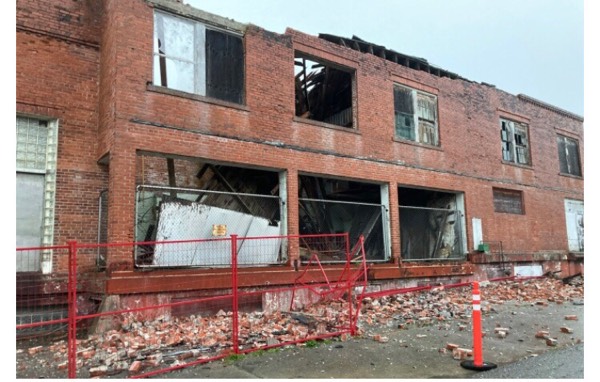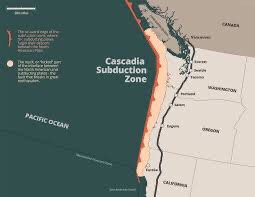
Jim Herlihy
@JimSanFrancisco · 3:14
Update on the 6.4 earthquake in Ferndale, CA.
80 aftershocks have occurred today since the initial quake, with more likely to follow due to cracked water pipes in some communities. A health advisory was issued telling residents to boil water for up to 1 minute to kill any bacteria. Even for local residents who've weathered many earthquakes, this was a scary one, and as I said, many felt that it was stronger than 6.4

Jack .
@zejacques · 1:26
And it then just made me realize it doesn't really sound like the infrastructure to deal with these things of this magnitude, at least at a common frequency error in place. So yeah, I'm sure you know way more about that and I was wondering if you could shed some light on just the infrastructure and future planning that goes into places like California where it seems like there's always going to be earthquakes due to the position on the planet. But yeah, thanks again

Jim Herlihy
@JimSanFrancisco · 4:08
And like anything else, you learn to live with it and you learn to cope with it and knock on wood. Fortunately, we have never been that close to an earthquake epicenter, which would have caused significant damage to our property. Hope that helps. And do tune into the San Francisco Experience podcast if you want to hear that interview with Professor Dengler at Cal Poly Humboldt

Jack .
@zejacques · 2:14
Like you're saying like, a major earthquake is going to mess with water pipelines. But I'm like, what does it look like to design for a future where even like really bad earthquakes, there's like a contingency or backup plan, however short term, that just like, the whole city snaps into regardless of the area that you live in, regardless of your ability to pay $100,000 deductible

